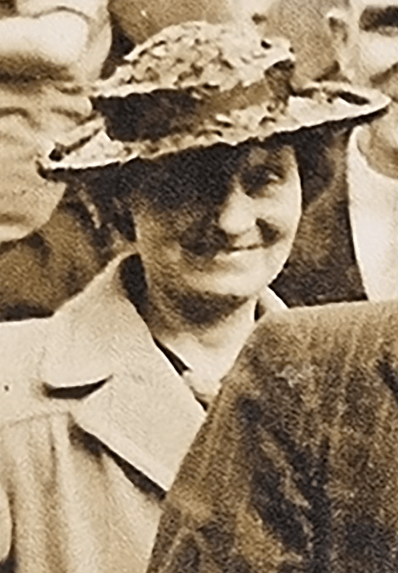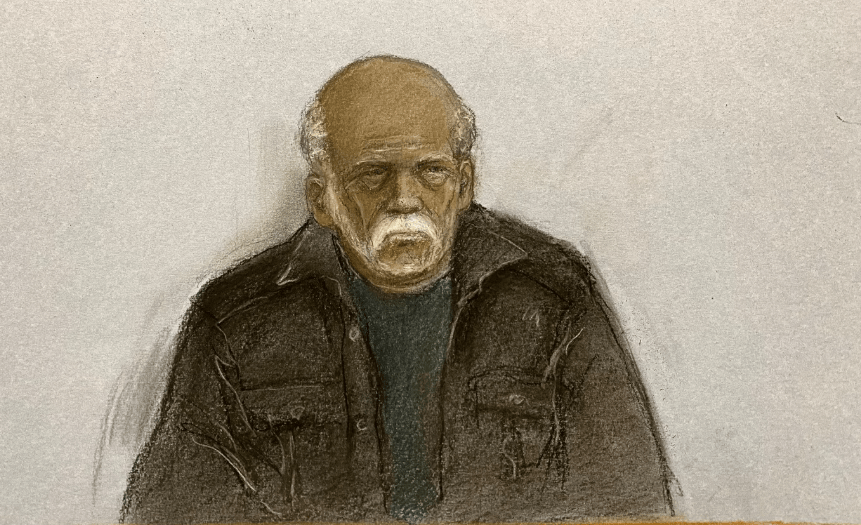A 92-year-old man has been found guilty of the rape and murder of a Bristol widow in what has become the UK’s longest-standing cold case to ever reach a conviction.
Ryland Headley was just 34 years old when he broke into the home of 75-year-old Louisa Dunne in June 1967. The horrifying attack occurred at her terraced house on Britannia Road, Easton. Her lifeless body was found the following morning by neighbours.
Mrs Dunne, a twice-widowed mother of two, had been heard screaming hours before her death. She was discovered lying on a pile of old clothing in her front room, which she had been using as a bedroom. Police at the time reported no signs of a violent struggle.
For over half a century, the case remained a haunting mystery. But a major breakthrough came when Avon and Somerset Police submitted evidence from the original investigation for modern DNA testing.
The results linked Headley to the crime. Now living in Suffolk, Headley had previously served a prison sentence for raping two elderly women in 1977.
Despite denying both charges, Headley was convicted by a jury at Bristol Crown Court after nearly ten hours of deliberation. He chose not to give evidence during the trial.
Mr Justice Sweeting addressed the jury, saying: “This was a case that has been in the public eye. It involved many details which are no doubt distressing. If you are summoned again in the next 10 years for jury service, you are entitled to refuse.” Sentencing is scheduled for Tuesday morning.

Back in 1967, a left-hand palm print was recovered from an upstairs window at Mrs Dunne’s home. Investigators compared it against 19,000 local males, but failed to find a match.
Headley, who lived just outside the fingerprint search zone in Picton Street, Bristol, never had his prints taken at the time.
Shortly after the murder, Headley moved his family first to London, then to Ipswich. The physical evidence collected from Mrs Dunne’s home was carefully preserved over the decades.
In 2023, a blue skirt belonging to Mrs Dunne was sent for forensic testing. DNA extracted from the fabric conclusively matched Headley, with odds estimated at one billion to one.
Although his DNA had entered the national database after an unrelated 2012 incident, it wasn’t until his arrest in November 2024 that authorities made the connection.
When confronted, Headley responded: “I don’t know what you are talking about. Very strange, very strange.”
His palm prints, previously omitted due to arthritis noted on a 2012 form, were finally taken. A fingerprint expert confirmed over 25 matching features with the original print.
The trial heard that Headley had been jailed in 1977 for the rape of two elderly women after breaking into their homes. At sentencing, he also asked for ten other burglaries to be considered.
In this trial, due to his age and condition, Headley used a hearing loop and was assisted by an intermediary. Court sessions were shortened to aid his concentration.
Defence barrister Jeremy Benson KC argued that Headley had “no recollection” of ever being with Mrs Dunne. “He certainly didn’t rape her and he didn’t kill her,” he stated.
Following the verdict, Detective Inspector Dave Marchant of Avon and Somerset Police confirmed a broader investigation is now active:
“Ryland Headley has now been convicted of three rapes of elderly women within their own addresses, and in the case of Louisa Dunne, her murder as well,” he said.
He added: “I think there’s every possibility that there are other offences out there – over the 60s, 70s, however long a time period – which Mr Headley could be culpable for.”
Police are working with forces nationwide and the National Crime Agency to determine whether further crimes can be linked to Headley using forensic analysis and historical case reviews.
This conviction brings long-overdue justice for Louisa Dunne and her family, closing a case that has lingered unresolved for nearly 58 years. Authorities now turn their focus to uncovering the full extent of Headley’s crimes.






